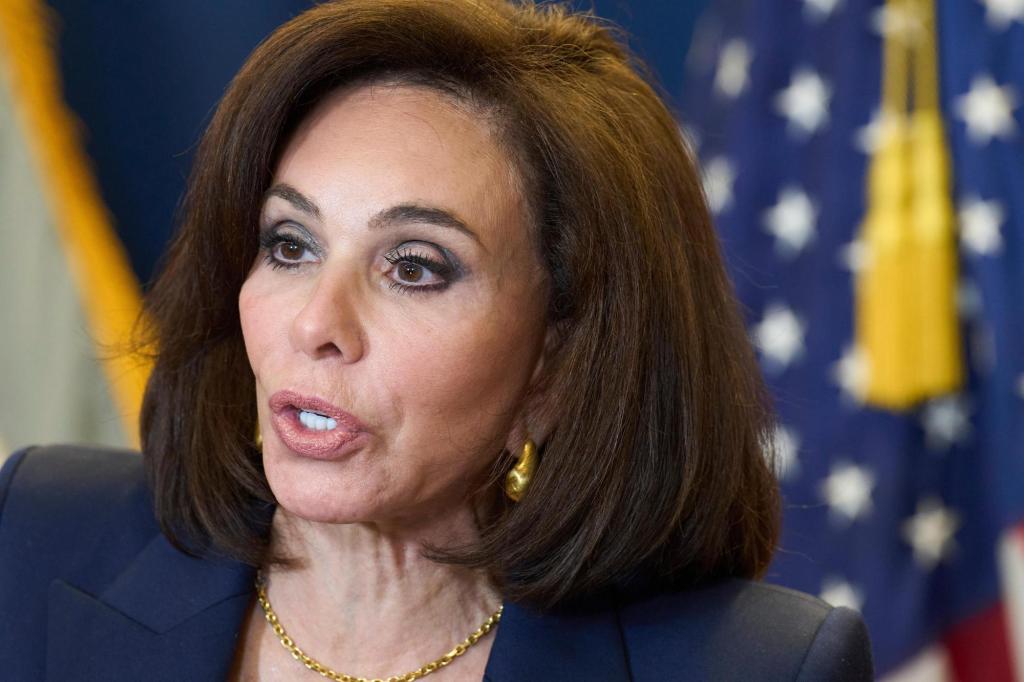In recent months, the political climate in the United States has intensified, drawing attention to the delicate balance between free speech and threats of violence. A notable case highlighting this tension involves an Indiana woman who faced accusations of threatening President Donald Trump. This situation sheds light on the complexities of legal proceedings and public sentiment towards governmental actions.
You might wonder how a grand jury could refuse to indict someone on such serious charges. Well, this article will explore the implications of this decision, the context surrounding it, and what it signifies about the local community’s stance on federal law enforcement.
Federal Grand Jury Decision: A Rare Rejection
In a surprising turn of events, a federal grand jury recently declined to indict Nathalie Rose Jones, a 50-year-old woman from Lafayette, Indiana. She was arrested in Washington, D.C., accused of making violent threats against President Trump. The grand jury’s refusal to indict is particularly significant, as it’s uncommon for such bodies to dismiss charges in high-profile cases.
According to Jones’ attorney, the evidence presented was deemed insufficient, indicating a potential shift in public opinion regarding law enforcement actions. This decision could signify a backlash against the increasing federal presence in the capital, especially after Trump ordered enhanced patrols by federal agents.
Context of the Case: A Growing Discontent
This incident is not isolated. In fact, a pattern seems to be emerging where grand juries in Washington have recently rejected other indictments under similar circumstances. For instance, three separate grand juries chose not to indict a woman accused of assaulting an FBI agent and another individual involved in a viral confrontation with a Customs and Border Protection officer.
Such decisions raise questions about the motivations behind these grand jury votes. Are local residents expressing their disapproval of federal law enforcement through these refusals? It appears so, especially given the heightened tensions surrounding federal authority in the district.
Implications of Threatening the President
Threats against the President are taken seriously and prosecuted vigorously. U.S. Attorney Jeanine Pirro publicly stated that threatening the President is a severe crime that will be met with «swift and unwavering prosecution.» However, the grand jury’s decision suggests that local sentiments may not align with federal priorities.
During her arrest, Jones allegedly made disturbing statements on social media, claiming she would «sacrificially kill» Trump. Yet, her defense argued that she had no intention to carry out such threats and merely wanted to voice her political discontent peacefully. This highlights the blurry lines between free speech and actionable threats.
Public Reaction and Future Considerations
The fallout from this case could have broader implications. Local and national reactions may influence future cases involving similar accusations. As public sentiment shifts, law enforcement agencies might need to reconsider their strategies in addressing threats and managing protests.
Additionally, the secrecy surrounding grand jury proceedings means we may never fully understand the motivations behind their decisions. Could this be a sign that residents are unwilling to accept federal overreach? The answers may lie in how communities respond to ongoing federal policies and the political climate in the coming years.
In summary, the refusal to indict Jones serves as a focal point in the ongoing debate over political expression and federal authority. As the situation evolves, it will be fascinating to observe how similar cases unfold in the future and what they reveal about our society’s values.





















